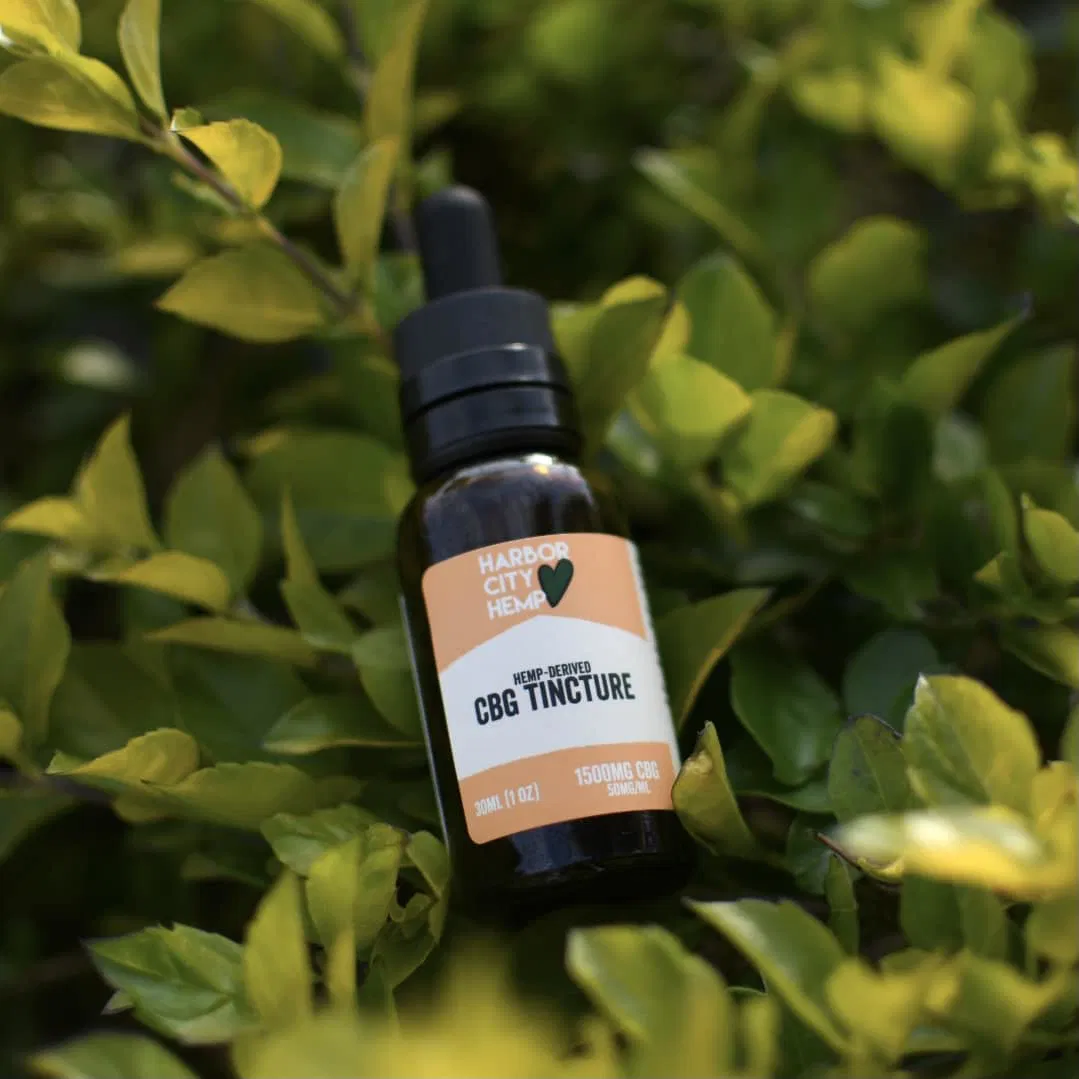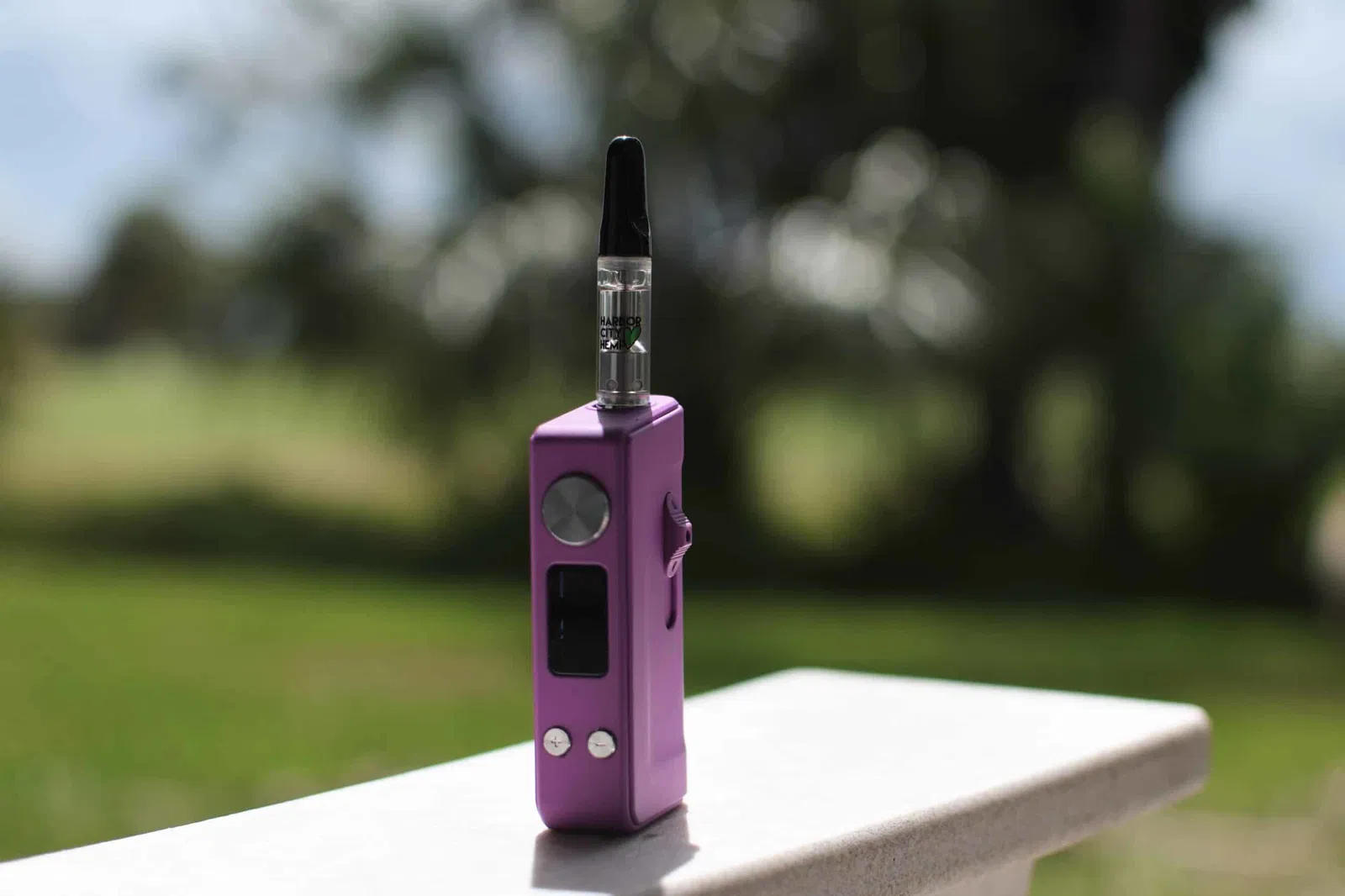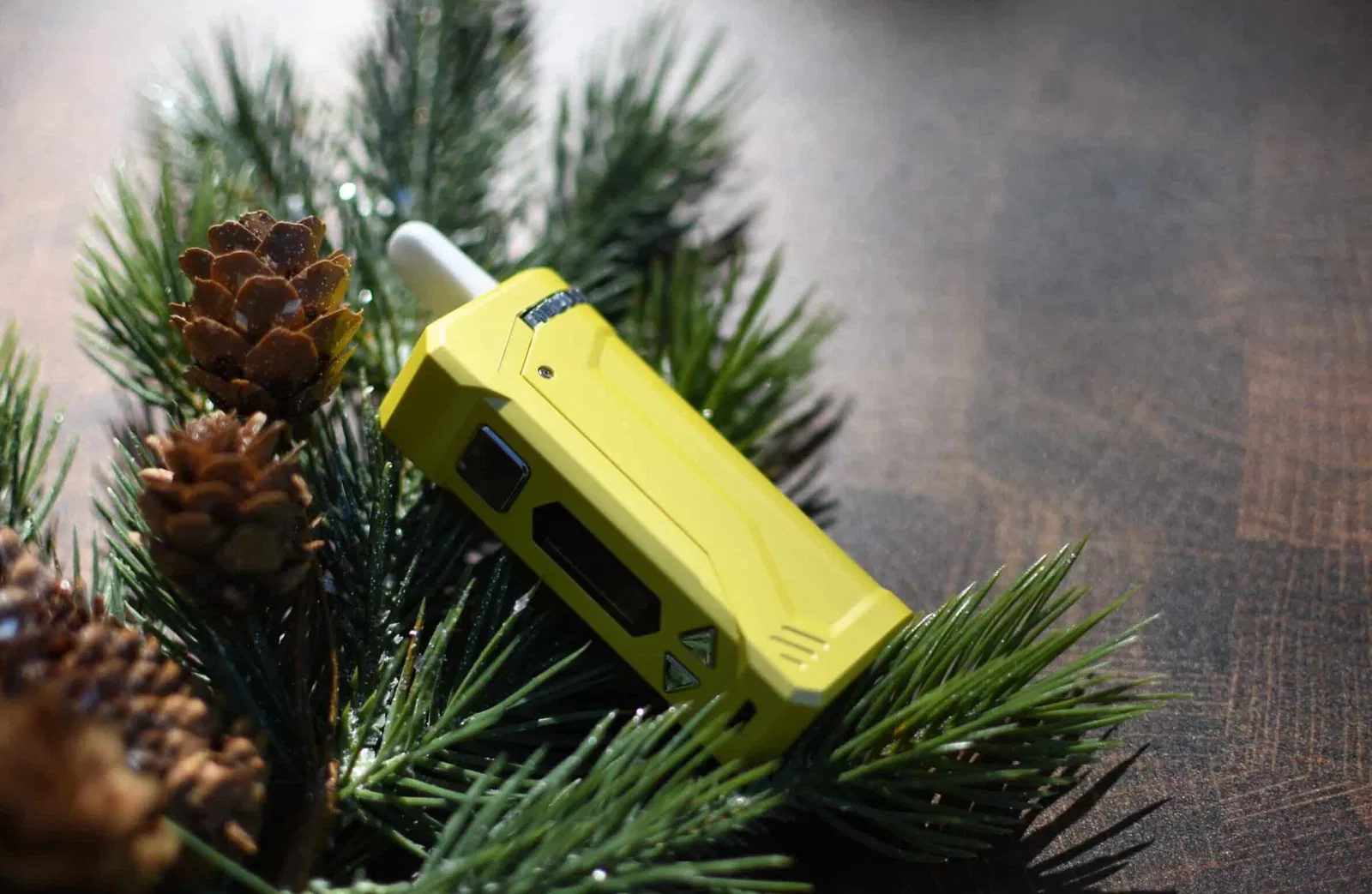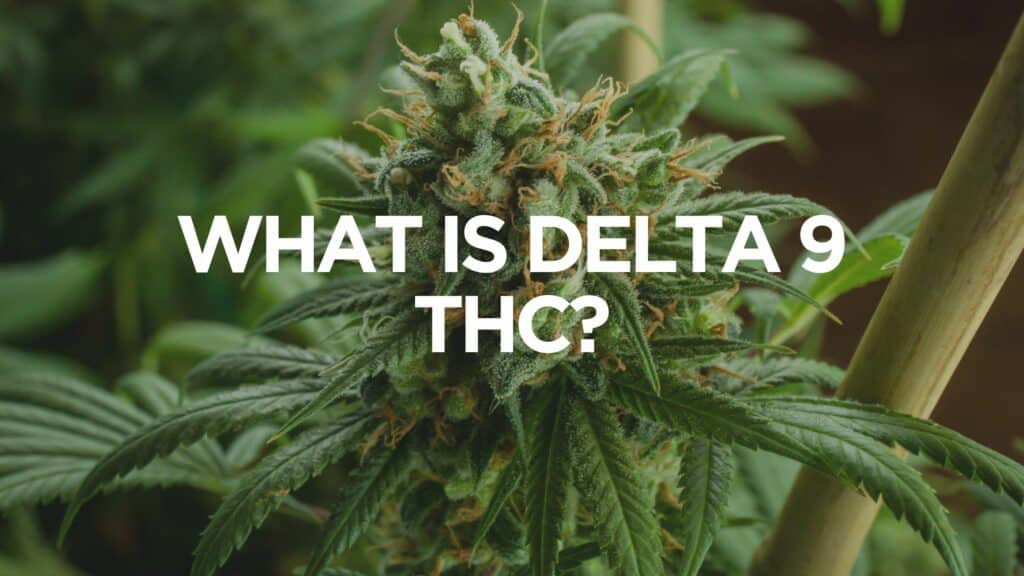When we talk about CBD and other cannabis-based products, we undoubtedly refer to THC at some point. THC is a cannabinoid molecule found in hemp and cannabis plants alike. There are many different cannabinoids, and each one has its unique properties. All that said, what is Delta 9?
In this article, we look at Delta 9 THC. What is it? How does it affect the body? We will also discuss this substance’s benefits and side effects.
What Is THC?
The first step of our journey to healing is to understand what Delta 9 is and how it benefits our lives!
THC, or Δ-9 tetrahydrocannabinol or Delta 9 or D9 THC, is a cannabinoid molecule in marijuana (cannabis) plants. THC has long been recognized as the principal psychoactive ingredient of cannabis. THC is primarily responsible for the intoxicating feelings (high) associated with cannabis products.
THC is among +100 different cannabinoids and +500 different substances (terpenes and flavonoids) in the Cannabis Sativa.
Although THC is the most recognized cannabinoid, another important cannabis compound that has received significant interest is cannabidiol (CBD).
Delta 9 THC vs. THC – Is There Any Difference?
No, Delta 9 THC and THC should, in principle, refer to the same cannabinoid, Delta 9 tetrahydrocannabinol. However, some bloggers interchange the terms “Delta 8 THC” and THC. But Delta 8 THC and Delta 9 THC are separate compounds!
Historical Note on THC
Marijuana has a long history of consumption dating back thousands of years. The first recorded use of marijuana has been traced to China, where it was used for textiles, food, and medicine. The plant was eventually introduced to Europe and later to the Americas, where people used it for recreational and ritual purposes.
Cannabis was introduced to the US during the 1600s. Cultivators started to grow hemp to produce textiles, sometimes used as legal tender. The Cannabis Sativa plant was also used for several medical purposes, with its recreational use beginning to grow during the 1930s and 1940s.
At the same time, anti-drug campaigns teamed up against its use, and many states passed laws prohibiting cannabis. The 1936 movie “Reefer Madness” portrayed cannabis as a dangerous drug that led to psychosis, violence, and suicide.
In 1970, the Controlled Substances Act (CSA) categorized marijuana as a Schedule I drug, identifying it with a high potential for abuse and making it illegal at the federal level. The “war on drugs” launched in the 1970s led to the large-scale incarceration of many people for marijuana possession and use.
Statistics suggest that the enforcement and penalization of marijuana laws disproportionately target people of color. While cannabis use has similar rates for people of all ethnic and racial backgrounds, Black and Latinx people are considerably more likely to be arrested and jailed for drug offenses.
While it’s still not legal at the federal level, many states have approved the use of marijuana and THC for medical and, in some states, recreational purposes. So, you must always check state laws before purchasing any products containing THC.
How THC Works in Human Body
THC works by interacting with the body’s cannabinoid receptors, which are found throughout the nervous system and brain. While the psychoactive effects of D9 THC only last a few hours, drug tests can detect it much longer than most other substances.
THC is stored in body fat for up to four weeks. A hair follicle testing can identify THC after even more extended periods, around 90 days. Urine testing is often used, but when it comes to THC detection, it’s an unreliable method.
How to Consume Delta 9 THC
People usually ingest THC through smoking marijuana, i.e., dried leaves of the cannabis plant. However, there are some different administration methods for this cannabis compound. THC can be consumed by:
- Inhalation: This is the fastest delivery method and leads to the quickest psychoactive effects, often within minutes. Delta 9 THC can be inhaled through vaping, smoking, or dabbing. While we need more reliable data about THC and how it affects the human body, recent reports suggest that vaping THC-rich oils may pose safety risks.
- Oral ingestion: People can also take THC orally by mouth in the form of capsules, edibles, tinctures, or oils. While this delivery method takes longer to have an effect, the drug’s results tend to last longer.
- Topical application: Recently, we’ve seen various types of THC-containing lotions, salves, balms, oils, and bath salts that are then applied to the skin. The effects are usually localized when consumed this way, so they’re unlikely to have psychoactive effects. However, such products may help reduce pain and inflammation.
- Sublingual administration: THC can also be taken via tablets, sprays, or dissolvable strips placed under the tongue and dissolved.
THC in CBD Products
With the popularity of cannabidiol (CBD), there has been a significant market shift toward producing many forms of CBD products. Some of these products have trace amounts of THC (around 0.3% to 0.9%), depending on how they’re formulated.
Small THC content is unlikely to result in any intoxicating effects (the high), and some experts argue that small amounts of THC potentiate the effectiveness of CBD. However, if you’re looking for a pure CBD product, make sure that you select one with accurate labels that a third-party testing lab has certified.
Two of the most researched phytocannabinoids are Delta 9 THC and CBD. Evidence suggests CBD can decrease some of the psychomimetic effects of THC. This has led to the development of a new drug, Nabiximols, for treating moderate to severe spasticity due to multiple sclerosis.
The Harbor City Hemp D9:CBD Peanut Butter Nuggets isn’t that drug, but it has an optimal combination of THC and CBD!
Potential Benefits of THC
Delta 9 THC is used recreationally, but it also has several medicinal uses. For example, the Harbor City Hemp D9:CBD Butter Cream Caramels are great for those that love edibles!
Marijuana has been consumed for medical purposes for thousands of years, but scientific research on its use to treat or alleviate illness is still scarce and new.
Delta 9 THC can help with the following ailments:
- Anxiety
- Pain relief
- Depression
- Glaucoma
- Inflammation
- Inflammatory bowel disease (IBD)
- Insomnia
- Irritable bowel syndrome (IBS)
- Migraines
- Multiple sclerosis
- Muscle spasticity
- Nausea
- Opioid use disorder
- Pain
- Poor appetite
- Post-traumatic stress disorder (PTSD)
- Seizures symptoms
- Symptoms associated with HIV/AIDS
The FDA has approved the synthetic THC medication dronabinol, sold under the brand names Marinol and Syndros. Dronabinol treats vomiting and nausea caused by chemotherapy, low appetite, and weight loss triggered by HIV/AIDS. Nabilone is also used to treat vomiting and nausea.
Potential Risks & Side Effects of THC
THC can stimulate the release of a neurotransmitter called dopamine in the brain, which causes feelings of euphoria. However, the effects that Delta 9 THC has on the body can vary from one person to the next.
Cannabis users who ingest considerable amounts of THC may experience the following:
- Feelings of relaxation
- Altered perception of time
- Increased appetite
- Heightened sensory perception
THC’s most common adverse effects include coughing fits, anxiety, paranoia, chest or lung discomfort, and “body humming.” Some individuals also experience fainting, hallucinations, or cold sweats due to THC use.
Moreover, before using a cannabis-based product, always check the ingredients lists to see if there are potentially harmful chemicals or preservatives.
Potential Pitfalls of THC
There’s considerable research-based evidence that THC is associated with an increased risk of psychosis among adolescents and adults. It’s also linked to increased anxiety, learning impairment, and decreased memory formation.
CBD can help counter these effects, reducing anxiety, working as an antipsychotic, and improving learning ability, although many of these findings are based on animal studies. When taken together, as with smoking marijuana, CBD seems to reduce the adverse effects of THC.
A 2013 meta-analysis, a study that looks at the results of many previous studies, also found evidence that D9 THC may be neurotoxic, i.e., a substance that can alter the regular activity of the nervous system.
Interestingly, although research has shown a reduction in gray matter volume in the prefrontal cortex (lying at the very front of the brain) of people with a history of heavy marijuana consumption, there’s an apparent compensatory response. The density of fibrous connections among other neurons increases, which can cancel out some or all of the neurotoxicity.
Is THC Addictive?
Marijuana is the most commonly used substance whose consumption is federally illegal in the US. Although there’s a common belief that marijuana isn’t addictive, there have been cases of THC dependence and tolerance.
Tolerance refers to a condition in which your body gets used to a drug so that a higher concentration or a different or more potent substance is needed.
On the other hand, drug dependence is a physical or mental state of the person that is characterized by behavioral and other responses resulting in cravings for a drug. These intolerable feelings can happen on a continuous or periodic basis.
Harbor City Hemp Discount Program
At Harbor City Hemp, we offer a discount of up to 30% on all eligible products to veterans, people with long-term medical disabilities, and people with low income.
We ask that those that qualify for this program use the discount for themselves or the family member they applied for. Please see our Harbor City Hemp Discount Program for more information.
Bottom Line
If you could only remember one bit of information, remember this: Delta 9 is just one form of THC. It is the most popular form, and it’s also heavily regulated.
Always purchase from a company that can give you test results from a third-party lab, ensuring you always get the right quality and potency. For example, each batch of our D8 chocolate is tested for cannabinoid potency, including the Harbor City Hemp D9:CBD Milk Chocolate Minis. And don’t forget to check the Harbor City Hemp Delta 9 products.




